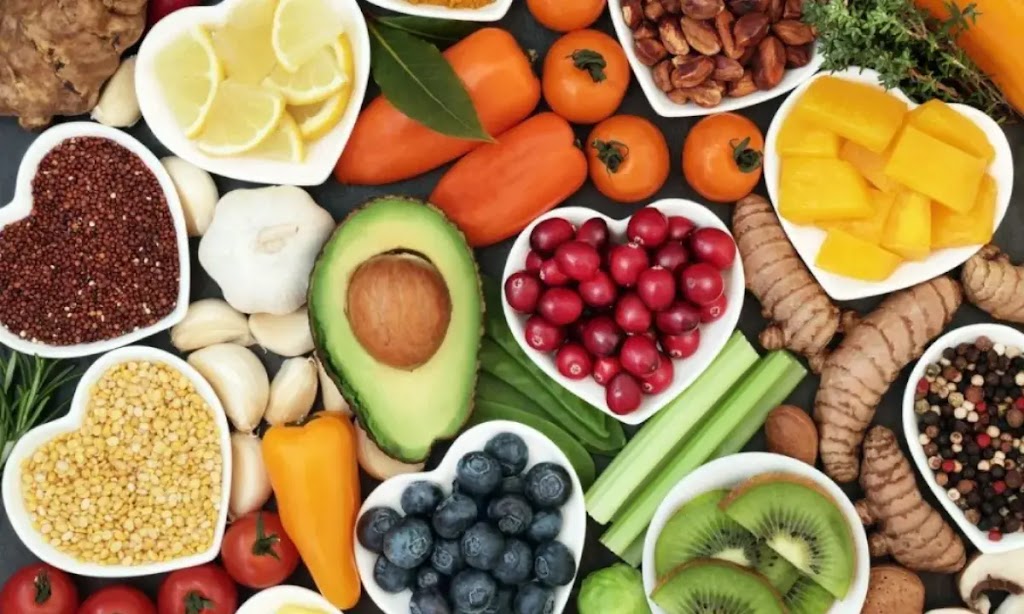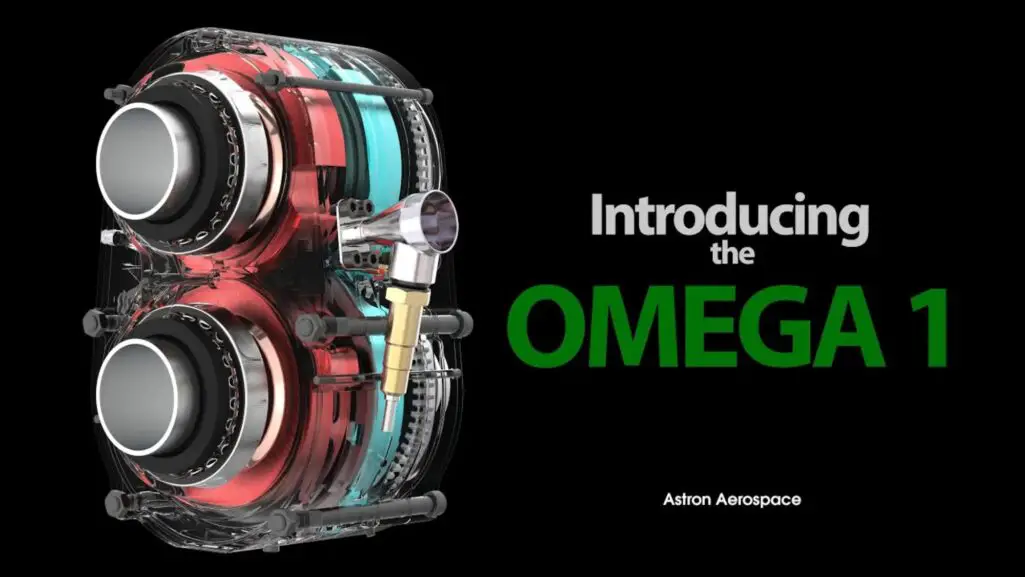While nutrition has always and continuously been studied, nutritional science, as we know, is fairly recent. The first chemical identification of vitamins was in 1926, less than a century ago. So let’s look at the modern science of nutrition.
First, nutrients are known to be any chemical that supplies sustenance necessary for life and growth. Therefore vitamins and minerals are two subcategories under the nutrients a human needs. Both vitamins and minerals are substances used by an organism to survive, grow, and reproduce.
Why do we need vitamins? What’s the difference between vitamins and minerals? For what minerals are essential? Do everybody needs supplements? All questions will be answered in the essay below.
Minerals Vs. Vitamins
Animals and plants absorb both vitamins and minerals; however, vitamins are organic compounds consisting of Carbon-Hydrogen bonds, but minerals are inorganic chemicals, meaning they don’t consist of hydrogen-oxygen bonds.
Both minerals and vitamins are needed in small amounts by human beings and cannot be synthesized by the body itself, but they are absorbed from food. On the other hand, few vitamins are produced in the body but are inadequate.
Last but not least, those two nutrients are vital for developing and maintaining health, but they have different structures where the vitamin is far more fragile than a mineral and can degrade with heat or age; minerals, on the other hand, are inorganic, resulting in a more basic molecular structure than vitamins.
Which is much vital for your health: vitamins or minerals?
While the organism needs all vitamins, only a few minerals are essential for sustenance, which are nutrient minerals. Vitamins and nutrient minerals differ in the structure; however, they are essential for human health and reproductivity. In conclusion, both are considered vital nutrients because they conduct hundreds of functions in the body when combined.
How many vitamins/minerals exist? Which ones do we need?
On Earth, about 3800 minerals were found naturally. However, nutrient minerals vital for humans are only about 20 minerals. The main 7 are magnesium, calcium, potassium, sodium, phosphorus, sulfur, and chloride. However, concerning vitamins, 13 vitamins have been discovered, and we need all of these fourteen to avoid health issues. Some of the vitamins we need are: vitamins A, B, C, D, E, B-6-9-12, and K. Both vitamins and nutrient minerals are necessary for good development and wellbeing.
From where do we get vitamins and minerals?
Food is the main source of vitamins and minerals. Therefore a proper diet is usually enough to get all the needed vitamins and minerals.
Here are some sources of vitamins:
- Berries: They are vitamin C-rich food. Every 100 g of berries includes 9.7mg of vitamin C.
- Lentils: They are B9-rich food. Every 100g of lentils contains 358μg of folate or B9.
- Peanuts: They are B3-rich food. Every 100g of Peanuts contains 14.4mg of niacin or B3.
- Almond: It is rich in vitamin E. 7.3 mg of vitamin E are contained in approx. 28 g of almonds.
- Salmon: It is an important source of vitamin D. 526 IU are contained in 100g of Sockeye salmon.
- Broccoli: It is a popular source of vitamin K. 10 mcg is contained in a tablespoon of broccoli.
Here are some sources of minerals:
- Dairy products: such as milk, are among the most prevalent calcium sources in the diet. Each 100g of 1% milk includes 125 mg of calcium.
- Avocado: It is a potassium-rich food. Each 100g of avocado includes 485mg of potassium.
- Pumpkin: is a magnesium-rich food. Each 100g of pumpkin contains 12 mg of magnesium.
- Salt: It is a good source of chloride. 60% of the salt is chloride.
- Protein products: for example, lentils and meat contain phosphorus in them. In each cup of lentils, 539.5g of phosphorus exists.
- Most types of seafood, leafy grain vegetables, and eggs contain sulfur. the white part of the egg contains approx 50 mg sulfur, and the yellow alone contains 25 mg
- Fish: It is a high sodium food. About 140g of a canned tuna includes about 300 mg of sodium.
Why do we need vitamins and minerals?
Minerals and vitamins strengthen our immune system, build cells, build bones and teeth, and are important for blood formation.
Vitamins’ functions and importance in the body:
- Vitamin B12: It improves blood health and aids in the production of DNA. Our daily need for B12 is 2.4 micrograms.
- Vitamin A is required for adequate eyesight, immunological function, and reproduction. About 700 to 900 mcg is the required daily amount of vitamin A.
- Vitamin C is essential for the growth, development, and repair of all bodily structures. The daily requirement of vitamin C is between 65 and 90 milligrams.
- Folate (vitamin B-9) is crucial to forming red blood cells and healthy cell development. The daily requirement is 400mcg.
- Vitamin D: It aids in regulating calcium and phosphate levels in the body. Our body needs 600IU of vitamin D daily.
- Vitamin K: It aids produce several proteins required to avoid blood clots and support bone formation. The daily requirement of vitamin K is equal to our weight. So if you weigh 70 kg, you will need 70 mcg per day.
Minerals are important for:
- Chloride: It maintains a healthy equilibrium of bodily fluids. 800 mg daily is the required amount of chloride.
- Sulfur: It constructs and repairs your DNA and defends your cells against destruction. The daily needed amount is 13 mg/kg.
- Calcium: It is vital for the health of bones and the nervous system. The average requirement of calcium is 1000mg per day.
- Potassium: It helps against heart diseases. The recommended daily intake of potassium is between 3,500 and 4,700 mg.
- Phosphorus: It is important for the growth and repairing of tissues and cells. The daily need for potassium is between 800 and 1200 mg.
- Magnesium is required for various vital functions in the body, including muscle and neuron function and energy generation. The daily recommended magnesium intake is about 400 for men and 200 for women.
- Sodium is important for muscle relaxation, contraction, and nerve impulses. The intake of sodium should not exceed 2300mg per day.
Last but not least, are supplements essential or not?
Do we all need supplements? Is it impossible to get all the vitamins and minerals you need from food? In fact, most people do not require vitamin supplements and may obtain all of their vitamin and mineral requirements from a healthy diet. However, only some people couldn’t acquire the essential nutrients from a well-balanced diet, and a few will be mentioned below. Supplements have been used wrongly; they have been overtaken. Not only will too much supplement consumption cost you more money, but it will also increase the percentage of risks and side effects in case of an overdose.
Here are some cases that need supplements:
- Pregnant women usually require folic acid and vitamin D, and frequently iron.
- Older people usually need vitamin B12 and D in addition to other vitamins.
- Breastfeeding women and children over 5 require vitamin D, and children may also need vitamin A and C.
Nevertheless, never forget to maintain a healthy diet to consume all vital nutrients, including vitamins and minerals. So if you haven’t stopped eating fast food yet, it is time to start a good diet and avoid all the unhealthy fats. Let your diet depend on the 4 nutritional factors: the two mentioned above, in addition to fatty acids and amino acids. Your skin, your body functioning and even your health will improve. Our body only responds to what we give, so it’s time to give it what will benefit you.





